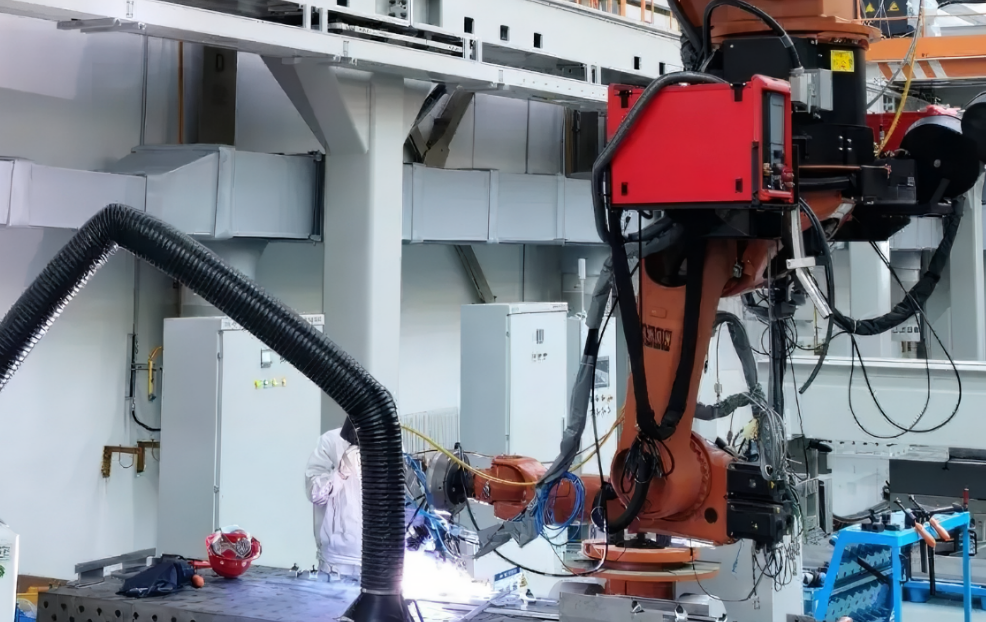Review and prospect of world shipbuilding industry in 2022
In the next stage, China's shipbuilding industry will continue to implement the major strategies of accelerating the implementation of the country's maritime power, transportation power, shipbuilding power, and accelerate the high-quality development of the shipbuilding industry. On the one hand, firmly grasp the global high-tech ships, green low-carbon ships, intelligent digital ships and other market demand, strengthen the management of the industrial chain, steadily promote the annual production and operation, and go all out to complete the annual delivery target task with high quality. On the other hand, continue to strengthen quality construction, increase Chinese brand publicity and promotion efforts, establish a good image of China's shipbuilding, strengthen the participation in the formulation of international rules and industry standards, and constantly improve the international status and influence.

(4) The European Union
As an important shipbuilding economy in the world, the EU strives to take the initiative in the international rules and norms of the industry, and promotes the "market mechanism reform driven by rules" to lead the development of the industry. In 2021, the European Commission will present a package of 14 legislative and policy proposals (" Fitfor55 ") covering the areas of climate, energy, land use, transport and taxation, including aviation, maritime, automotive and construction. The aim is to ensure that by 2030 EU greenhouse gas emissions are reduced by at least 55% compared to 1990 levels. In 2022, the EU has successively adopted three drafts of the Carbon Emissions Trading System (ETS), carbon Border Adjustment mechanism (CBAM), and the establishment of the Social Climate Fund (SCF), as an important part of the "Fitfor55" emission reduction strategy.
The EU will accelerate the final "landing" of the above policies in the future, and the international market will have more urgent demand for zero-carbon shipping solutions and green technology for ships. European shipping giants such as Maersk, Mediterranean and CMA CGM have made it clear that they will achieve "net zero" on some routes by 2030, and achieve carbon neutrality on their own fleets by 2050, and have received strong support from relevant national governments, industry organizations and shippers. European maritime industry organizations, represented by the International Shipping Unions (ICS) and the International Society of Classification Societies (IACS), will accelerate the introduction of rules in the fields of shipping, shipbuilding, supporting and inspection, thereby pushing the International Maritime Organization to accelerate the improvement of existing international regulations and research and development of new standards. These changes will bring new opportunities and challenges to the world shipbuilding industry.
- ABB
- General Electric
- EMERSON
- Honeywell
- HIMA
- ALSTOM
- Rolls-Royce
- MOTOROLA
- Rockwell
- Siemens
- Woodward
- YOKOGAWA
- FOXBORO
- KOLLMORGEN
- MOOG
- KB
- YAMAHA
- BENDER
- TEKTRONIX
- Westinghouse
- AMAT
- AB
- XYCOM
- Yaskawa
- B&R
- Schneider
- Kongsberg
- NI
- WATLOW
- ProSoft
- SEW
- ADVANCED
- Reliance
- TRICONEX
- METSO
- MAN
- Advantest
- STUDER
- KONGSBERG
- DANAHER MOTION
- Bently
- Galil
- EATON
- MOLEX
- DEIF
- B&W
- ZYGO
- Aerotech
- DANFOSS
- Beijer
- Moxa
- Rexroth
- Johnson
- WAGO
- TOSHIBA
- BMCM
- SMC
- HITACHI
- HIRSCHMANN
- Application field
- XP POWER
- CTI
- TRICON
- STOBER
- Thinklogical
- Horner Automation
- Meggitt
- Fanuc
- Baldor
- SHINKAWA
- Other Brands




































































































































